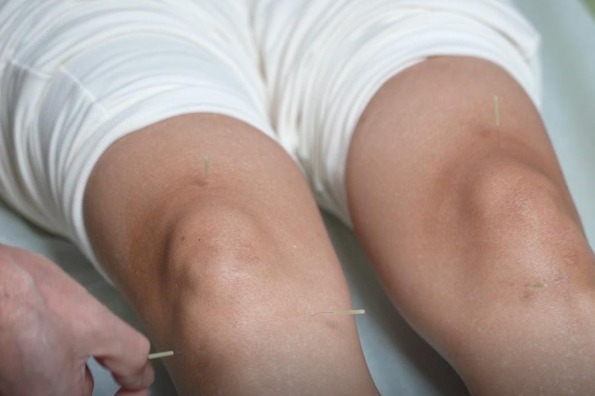TCM cooperation helps strengthen bilateral ties

CHANGSHA — Cooperation between China and Pakistan in the field of traditional Chinese medicine has strengthened bilateral relations in recent years.
At the beginning of this year, health authorities in Pakistan's Sindh province began a program under which China assists the country in training doctors in TCM.
According to the project's organizer, the Sino-Pakistan Cooperation Center for Traditional Chinese Medicine in Hunan province, Pakistan will select the first group of 10 doctors to send to the center for a two-year course in TCM theory and clinical practice. After training, they will return to Pakistan to practice TCM.
The SPCCTCM was established by the Hunan University of Medicine and the International Center for Chemical and Biological Sciences of the University of Karachi in late 2020, with the aim of creating a center that integrates healthcare, TCM education and training, scientific research and industrial cooperation. "This is the preliminary foray by the SPCCTCM into the training of Pakistani TCM doctors," said He Qinghu, co-director of the SPCCTCM and president of the Hunan University of Medicine.
He said the project, with support from both the Chinese and Pakistani governments, will unite TCM colleges and hospitals to train doctors with a certain level of TCM theory and clinical skills for Pakistan.
Cooperation is not just "an academic exchange, but also a cultural exchange, which will help enhance friendship between two countries", He said.
Recently, an event was held in Islamabad to mark the return of Pakistani seeds from the Chinese space station. A bag containing around seven species of herbal seeds was displayed at the event, an example of cooperation in the field of seed breeding.
Chinese and Pakistani researchers at the SPCCTCM will use the seeds for research and study the differences between planting on Earth and in space. "The results of the research will benefit Chinese medicine as well as Pakistani plants in terms of breeding, specifically in terms of improving efficacy," He said.
TCM has become increasingly accepted in Pakistan in recent years.
Last year, Raza Shah, a professor in charge of the Center for Bioequivalence Studies and Clinical Research at the University of Karachi, announced that the proprietary Chinese medicine, the Jinhua Qinggan Granule, had a significant effect on treating COVID-19 patients in Pakistan.
At the same time, China is working with Pakistan to promote the registration of more Chinese medicines. "We will continue to promote the entry of TCM into Pakistan and other countries that are involved in the Belt and Road Initiative so that Chinese medicine is available to more people," He said.
Xinhua




